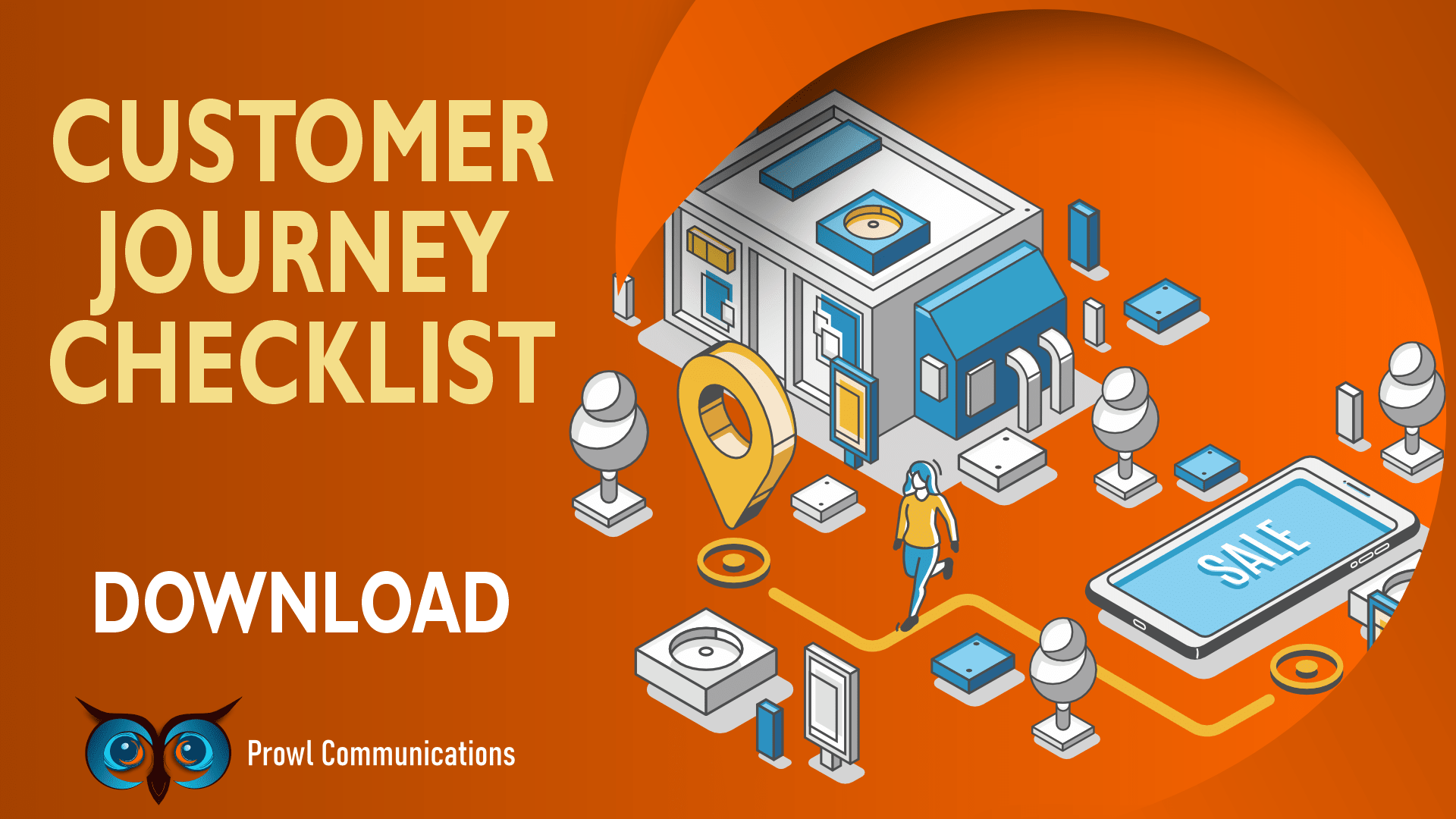Imagine how easy it is to target your marketing specifically to this potential client nurturing the relationship along and guiding them to the sale. It is all possible when you use a CRM tool.

The Power of a CRM - the marriage of sales and marketing.
Imagine knowing your potential client’s habits, where they are in the buying cycle / pipeline, when they open their emails, how frequently they read the information provided, when they visited your website and how often, and having every interaction you have had with this client and the notes you have written at your finger tips.
Now imagine how easy it is to target your marketing specifically to this potential client nurturing the relationship along and guiding them to the sale. It is all possible when you use a CRM tool.
CRM (Customer Relationship Management) tools have come a long way since the days of ACT! At the time, this technology was amazing - taking all those index cards and rolodex cards and turning them into a digital version for ease of access. Today CRMs marry your sales and marketing together through integrations, tracking, marketing automation and even artificial intelligence. Just think of the time savings alone, not to mention how easy it is to stay organized and working smarter as a solopreneur.
As a solopreneur, it is extremely important to manage time efficiently, automate as much as possible and have reports easily accessible to run your business. It doesn’t matter how organized you are, keeping information in your head and on post-it-notes doesn’t work. Why? Because you’re wearing too many hats!
10 Critical Functions of a Good CRM
- Maintain detailed contact information, notes and interactions.
- Automate tasks, reminders and follow-up
- Develop relationships through constant communication and relationship building.
- Provides a highly visible dashboard of critical information.
- Integrates with your marketing systems, tools and accounting
- Provides detailed analysis of your marketing initiatives
- Provides the ability to create document templates and store frequently sent documents
- Reduces duplication of information by integrating with your email tool (outlook, gmail)
- Allows for workflow management (creation of a system process)
- Has a mobile app as most solopreneurs are in the field providing the service they are selling.
Takeaway: Do your homework when looking into a CRM for your business. A CRM is not an option, but a MUST-HAVE! Be disciplined in using the CRM consistently. Yes, it is work to set it up and form the habit of using it, but in the end, the time savings, automation and reporting will give you a better knowledge of your business, your clients and the ability to grow that business.
Sales and Marketing: Not a Love-Hate Relationship, But a Loving Marriage.
A CRM is not an option, but a MUST-HAVE! Be disciplined in using the CRM consistently. Yes, it is work to set it up and form the habit of using it. In the end, the time savings, automation and reporting will give you a better knowledge of your business, your clients and the ability to grow your business.
Ensuring Sales and Marketing Fall in Love
Typically, the love-hate relationship between sales and marketing stems from corporate offices where the marketing department is doing their thing, while the sales department is beating doors down for the sale. Neither department is talking to the other or using the tools provided to them. There is no cohesion – the right hand doesn’t know what the left hand is doing so to speak. What happens? Well, when management sees the marketing efforts are not working, the sales numbers are not increasing, the team members in both departments are at war – that’s grounds for DIVORCE!
So how do you make sales and marketing fall in love and stay in love? It’s quite simple – make sure the marketing message is clear, is aligned with sales, the leads being generated are solid and everyone is following through on the message, the offer and the service. Using a CRM helps, even if you are chief cook and bottle washer.
How? By documenting all conversations, emails, telephone calls, meetings and social media interactions you have a complete record of all that transpires, giving you everything required for the basic principles of marketing -- the ability to deliver the right message, to the right person, in the right place, at the right time and for the right reason.
Myself, I retain so much more by typing it or hand writing the information. Hearing something just doesn’t sink in like it does when I write it down. Not to mention, I don’t have to go searching through scraps of paper to find what I am looking for – the answer is in the CRM.
Take a real estate agent for example. There are probably 1000s of agents in your city competing for that small percentage of people looking to buy or sell a property. What makes you stand out from the others? Why do people call you over the next agent? What is your differentiator?
As an agent you can list a property or sell a property just as easily as the next agent. So, your task in marketing yourself isn’t about the broker you work with, it isn’t about your ability to do your job, it is about selling you and what makes you different. It’s about selling what your clients want. Do your buyers want to buy a house? Sure they do – but if you listened and took careful notes, what they really wanted was a specific lifestyle.
Let’s look at you first! What makes you different? Why did past clients call you? Why did they refer their friends? I bet these answers are in your CRM in the client notes. Go through your notes, make a list and now you have the basis of a great marketing piece. Tell a story, have a conversation – don’t sell the brokerage or the service, sell what you do that is different.
Now, look at the clients you have dealt with. Go through your CRM and make note of the types of clients you have ie: professionals, families, single parents, investors, builders – what stands out? Are you consistently attracting the lawyers or doctors, or maybe its something else like the first-time home-buyer, or your ability to understand seniors and down-sizing. Somewhere in those CRM you will find one or two strong market sectors.
That CRM will also give you information like the lifecycle of the buying or listing stage, repeat customers, who refers more often, local vs moving from out-of-town. You could be doing what you do best, even better – simply by using a CRM, knowing the data it contains and how to use it better. Taking that information and translating it into marketing material that capitalizes on your strengths and offers the ability to tell the story to attract your next client.
The CRM tells all, making that love affair between sales & marketing so much easier!
Takeaway: The trick is to make it a RITUAL to work in your CRM for every contact made and conversation had. You will be surprised at how much you will learn about your prospective clients, their buying process, their questions, objections and more – the foundation for creating great marketing material. This information will further help the sales process, minimize your efforts in marketing and sales as well as increase your revenue.
------------------------------ Debi Katsmar is the owner and marketing strategist for PRowl Communications. She is an award-winning email marketing specialist, CRM specialist, author and speaker having helped to grow hundreds of small- to medium-sized businesses through marketing initiatives for 30+ years.
Debi Katsmar is the owner and marketing strategist for PRowl Communications. She is an award-winning email marketing specialist, CRM specialist, author and speaker having helped to grow hundreds of small- to medium-sized businesses through marketing initiatives for 30+ years.
The article above was written for and appeared as a two-part series in the December 2018 and January 2019 Staging Standard Magazine. Reproduced with permission.

